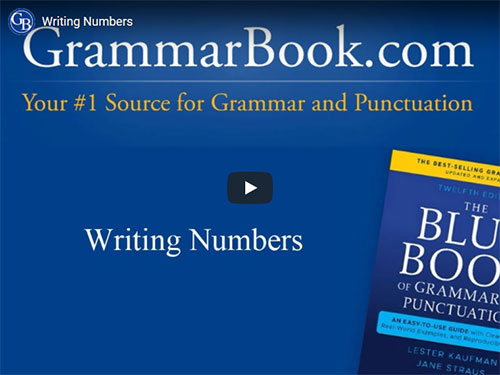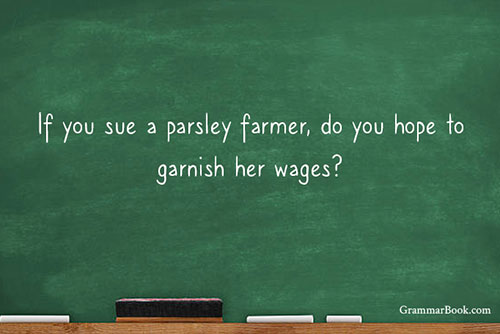|
Along the way we've enjoyed exploring some of the colorful qualities of American English and its immediate relatives in the U.K. and Commonwealth countries, such as in our discussions of spelling, vocabulary, grammar, and punctuation. In this review, we'll consider some different ways American and British English use verbs.
American vs. British English Verbs: Spelling
One of the most apparent distinctions between American and British verbs can be seen in some of their endings. For example, where U.S. English uses -ize verb endings, U.K. English might use -ise:
(U.S.) I think we should organize that shelf.
(U.K.) I think we should organise that shelf. |
Where American English ends a verb in -yze, U.K. English will often use -yse:
(U.S.) They are analyzing the latest report.
(U.K.) They are analysing the latest report. |
Another distinction we might see among some verbs is the doubling of consonants in U.K. English where only one letter is used in the U.S.:
(U.S.) The directors have canceled this afternoon's meeting.
(U.K.) The directors have cancelled this afternoon's meeting. |
American vs. British English Verbs: Irregular Verbs
In American English, verbs whose conjugations don't follow regular patterns are considered irregular. For example, in the past tense drink becomes drank instead of drinked and run becomes ran instead of runned.
Some verbs that are regular in American English become irregular in U.K. English by American definitions.
Examples
(U.S.) The cologne the man wore smelled nice.
(U.K.) The cologne the man wore smelt nice.
(U.S.) I leaped over the puddle because I was wearing my favorite shoes.
(U.K.) I leapt over the puddle because I was wearing my favourite shoes. (Notice too the spelling of favourite.) |
American vs. British English Verbs: Subject Agreement
Writers and speakers of American English will notice how British English uses plural subject-verb agreement in certain instances where Americans would use singular agreement.
Examples
(U.S.) The Blue Man Group is very entertaining. (singular verb)
(U.K.) The Blue Man Group are very entertaining. (plural verb)
(U.S.) The women's soccer team is headed to the finals. (singular verb)
(U.K.) The women's soccer team are headed to the finals. (plural verb) |
American vs. British English Verbs: Other Variations
1) U.S. and U.K. English will often use the verb get differently.
Examples
(U.S.) He has gotten rather tall, hasn't he?
(U.K.) He has got rather tall, hasn't he? |
2) British English incorporates the auxiliary "shall" to indicate future tense, whereas American English uses the auxiliary "will."
Examples
(U.S.) I will complete my first year in college next year.
(U.K.) I shall complete my first year at university next year. (Also note the use of "in college" and "at university" in these examples.)
(U.S.) I will visit my Aunt Jeanne in Manchester next summer.
(U.K.) I shall visit my Aunt Jeanne in Manchester next summer. |
3) British English will emphasize the completion of an action with a form of the word "do" where American English clips the same expression.
Examples
(U.S.)
"Have you completed your training for the upcoming marathon?"
"I have."
(U.K.)
"Have you completed your training for the upcoming marathon?"
"I have done." |
4) Concerning possession, American English typically uses the word "have," whereas British English uses the phrase "have got."
Examples
(U.S.) Do you have enough money for the school lunch?
(U.K.) Have you got enough money for the school lunch? |
On the American side of the pond, we enjoy the many ways our friends in the U.K. and elsewhere give our shared language its own regional nuance and character. If you have anything to add to our discussion of English dialects and differences, we welcome your observations and thoughts. Your insight may help to inspire another installment in this discussion!
| 




